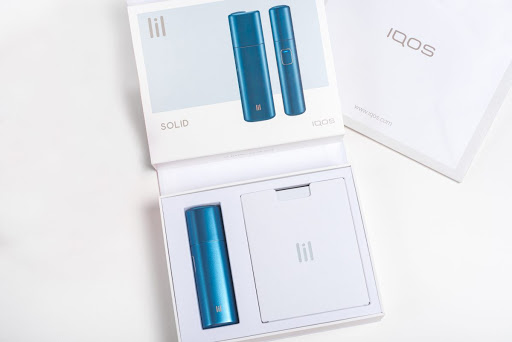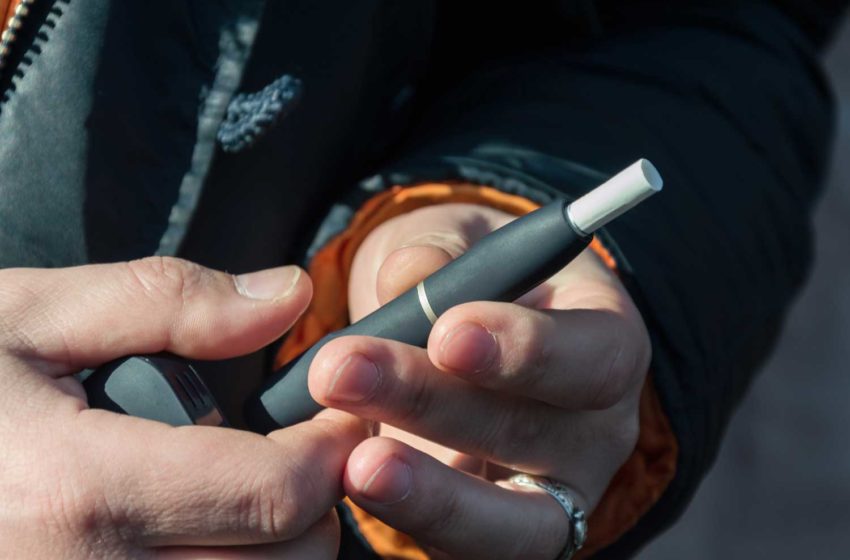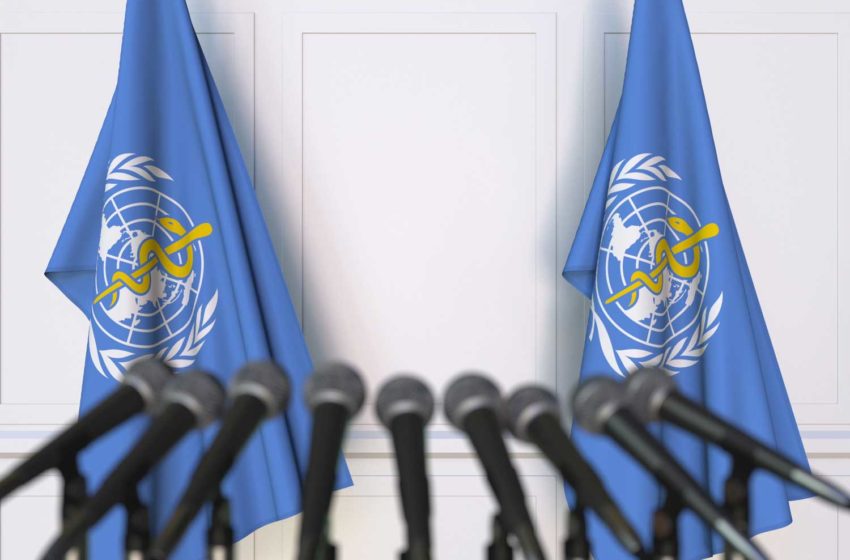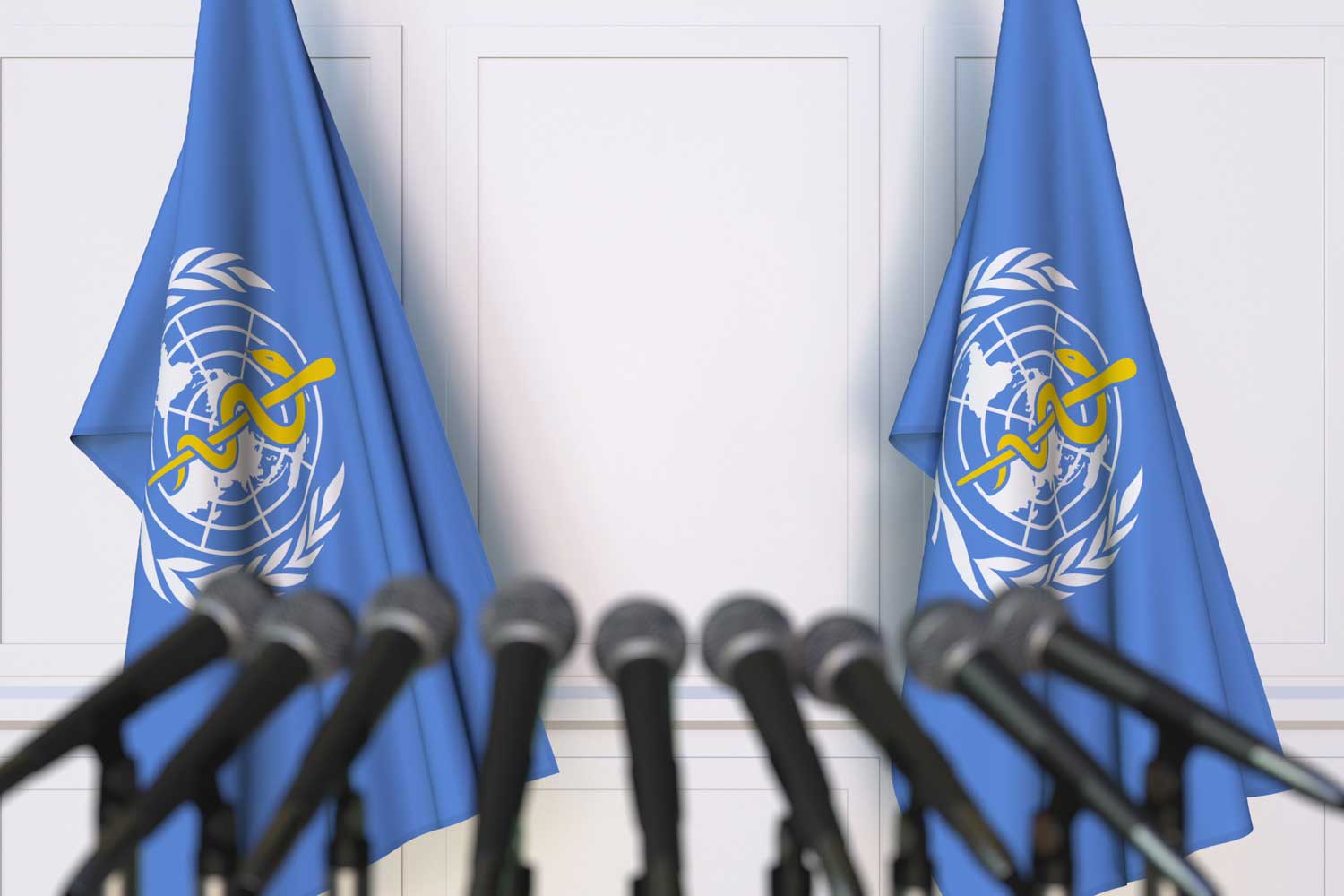A large vaping industry association in Spain has launched legal action against the country’s central government. The Union of Vaping Promoters and Entrepreneurs (UPEV) claims a long-running anti-vaping campaign is against the law for numerous reasons.

The lawsuit claims that the Ministry of Health campaign “El tabaco ata y te mata” (“Tobacco ties and kills you”) violates several articles of the Spanish General Law of Advertising and the Law of Publicity and Institutional Communication, according to an article by ECigIntelligence.
According to the UPEV, the campaign – launched in 2019 and still continuing – “identifies vaping and smoking tobacco in a manifestly misleading way, putting both activities on the same level and attributing the same harmful effects to them”.
The association is demanding immediate cancellation of the campaign, which has been promoted in a variety of media including on websites, social media, television and radio. In its submission to the court, the UPEV has presented a technical and scientific report that shows the benefits of vaping as a smoking cessation tool.
The union has blamed the government campaign to discourage vaping for the closure of about 40 shops in 2019, with the loss of 400 jobs, and last year took its complaint to the Spanish Ombudsman.



















